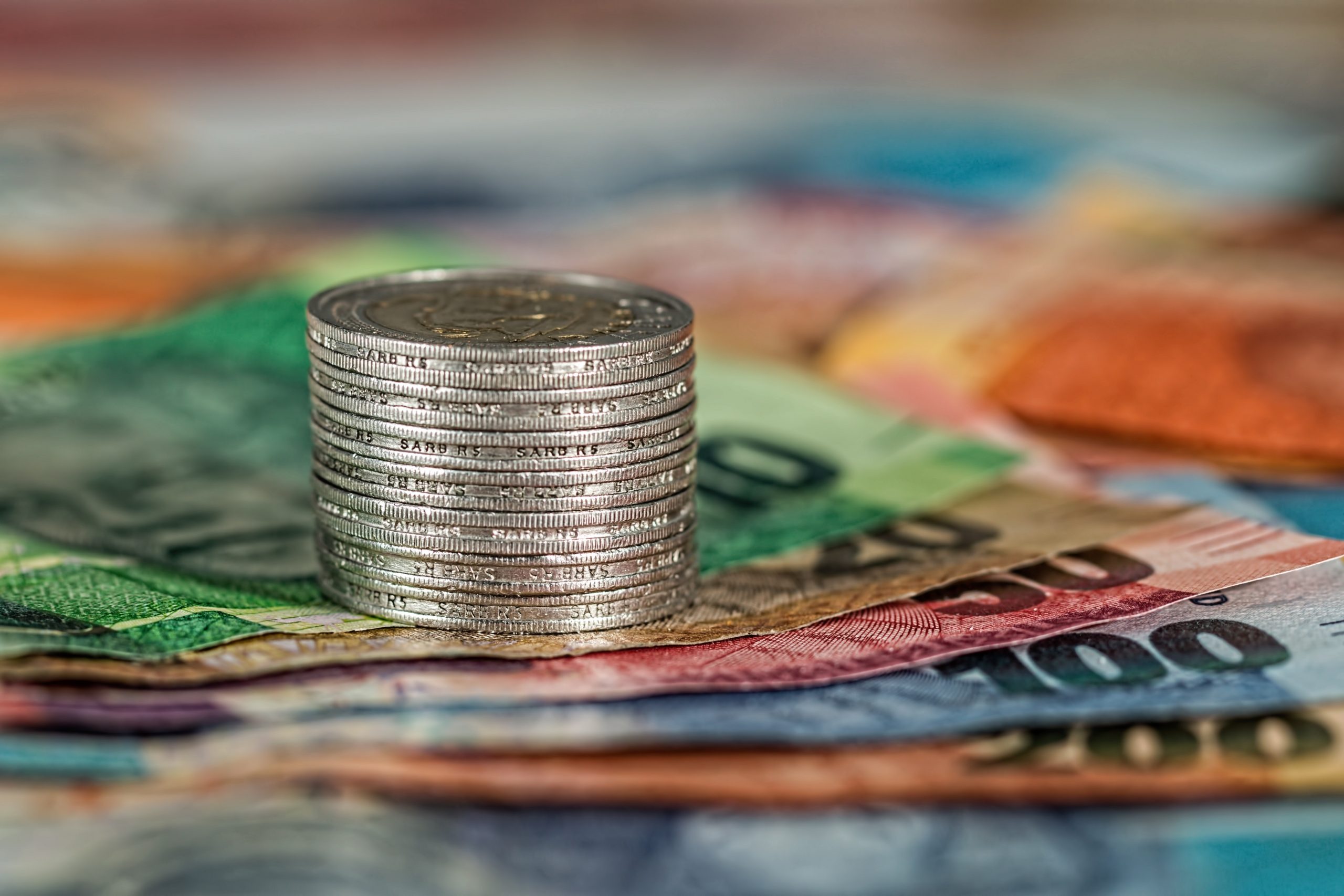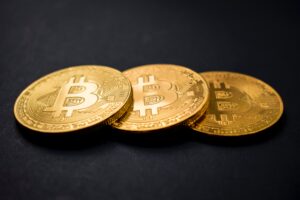- Money saved in the banks keeps the banks richer to the detriment of the saver
When you put money in the bank you are not only depositing it for ‘safe keeping’, but you are giving it to the bank to use it as they want; they can decide to play gamble with it at the stocks market, they can loan it out for profit- of course loan it out to their big business cronies. In actual fact wealthy people don’t put their money in the bank, they invest it, and take loans to further expand their businesses- the language of saving, they don’t understand it, but investment. However the poor; the lower class, the middle class put their moneys in the bank, why? the concept of investing they do not have idea and it is alien to them, they rather think saving in the bank is the way to go, but unfortunately that saved money loses value to inflation and its purchasing power weakens and depreciates over a short period of time.
>This is what happens when you save. >>>
When you save, the bank only reserves a small fraction and the rest is loaned out (though some argue that- banks do not ‘’lend out’’ deposits, but by ‘’creation of new money’’?? it is still a topic for thorough debate-however, it actually depends on the type of bank though). But prima facie when you deposit for instance $500, the bank can take out 90% of it and lend it out leaving only 10% as deposit reserve. So in actually sense if your bank tells you you have saving balance as $500, is a gimmick is a plunder in fact is prankish!! The money is been put into profitable business to enrich the banks and their business cronies and smartly consoling you with a next to zero interest.
- Money deposited as savings in the bank is left at the mercy of inflation
Remember the old adage- ‘’a penny saved is a penny earned’’ that might sound truthful, however this was applicable only in the early centuries and into the early 1970s, but this allusion has outlived its relevance as times have evolved and proved it wrong. Those that understand the history of money will let us know that the dollar arguably the world dominant currency was initially purged to gold, for that matter saving money in the early centuries into the late 1960s was a gain. However President Nixon in the early 70s took of the US dollar from been purged with gold, meaning money will be nothing but paper purged with nothing and for that case more cash is needed to be printed all the time by the government monetary issuer. This explains why inflation has become an accepted economic norm globally.
In 2017 globally it has been reported that 48% of adults save their money in the bank and in high income countries 71% whiles in developing countries 43%. Whiles this might be unfortunate, the trend continues to even increase daily as more people join the economic train.
In developing countries people even form monetary collection association or groupings where contributions are made to be offered to a person in a rotational system for all members. Sad!! All is because they do not understand the language of investing.
The truth is when you put money in the bank nowadays you actually lose money. What is the point here? The interest the bank supposedly gives you is lower than the rate at which the money loses its value to inflation. This means over the time the money is saved, it becomes practically worth less in the future than it is now. In a conversation with a group of people I overheard one proudly make a statement that a particular person has in personal and family savings about a billion, and alluded he doesn’t believe in taking loans, but will rather prefer to save. Sad it is!! What he forgets is that, that money saved is nothing but paper which is left at the mercy of inflation and deflates speedily and the purchasing power of it weakens.
As much as I disagree with saving your life time, it does not mean saving is outrightly bad, if the purpose is to put up the money to do something immediate like wedding, going on vacation, solve an immediate pressing need, then it is worth it, besides this, if the intent is to use that as a financial hedge, secure your future or that of your children, then it is a wrong financial orientation.
Now the question is, what should we do? If we should not save our moneys in the bank. The answer is simple- invest! Just as Piotr Bania sarcastically put it- ‘’ironically, it is would make more sense to keep that cash under your pillow. I would rather invest’’. And as Robert.G. Allen put it-‘’how many millionaires do you know who have become wealthy by investing in savings accounts? I rest my case’’. I have never heard of any wealthy person who puts his money in the bank, they rather invest.
Better late than never, find a good investment opportunity (not a get rich quick or Ponzi schemes) and develop a habit of investing your money regularly, not a habit of saving. Sometimes the returns of some investment might not be immediate, and you might even be broke for a while, but hey, rainy days are coming where those investments will pay of and you’ll forget you were ever broke.
Maybe you don’t know what to invest in, my next blog post/Youtube video, I shall be presenting viable income streaming opportunities that one can invest in and be assured of some good reaps at the long run. Make sure to regularly visit this site or my Youtube Channel- Dizcovaself to subscribe to watch the video.
Summary
The investment revolution that is currently evolving is going to be huge for the financial ecosystem which has made the system of investment available and opened to everyone no matter a person’s social class. This is a practical theory which has come to defeat the purpose of saving. This new era where money is nothing but paper purged to nothing and its subjection to inflation puts one in a no-win situation when cash is put as savings in the bank.






Pingback: What is Cryptocurrency? – Dizcovaself
Pingback: How to invest in Cryptocurrency – Dizcovaself
Pingback: This is why Bitcoin will take over Ghana – Dizcovaself